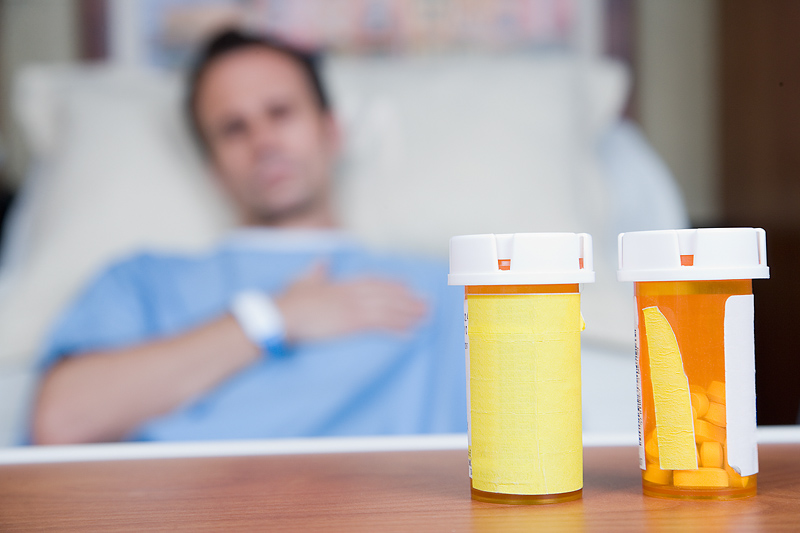
MONDAY, May 19, 2014 (HealthDay News) — After being discharged from an intensive care unit (ICU), patients are at much greater risk for developing symptoms of post-traumatic stress disorder (PTSD), a new review finds.
“An ICU stay can be traumatic for both patients and their families,” researcher Dr. Ann Parker, a pulmonary and critical care medicine fellow at Johns Hopkins University in Baltimore, said in a news release. “In our analysis of more than 3,400 ICU patients, we found that one quarter of ICU survivors exhibited symptoms of PTSD.”
People with PTSD may experience flashbacks, nightmares or angry outbursts.
In the review, which was to be presented Monday at the American Thoracic Society’s annual meeting in San Diego, researchers reviewed 28 previous studies involving 3,428 adults who survived an ICU stay. Of these, 429 were evaluated for symptoms of PTSD one to six months after they were discharged.
The study revealed 23 percent of the patients experienced PTSD symptoms.
Among the risk factors associated with PTSD symptoms:
- Younger age
- Use of benzodiazepines
- Mechanical ventilation during ICU stay
- Memories of frightening ICU experiences
The review authors pointed out that more PTSD symptoms were associated with worse quality of life. They added, however, that some European studies showed that keeping a diary while in the ICU could reduce the prevalence of PTSD symptoms.
The researchers added that their study was limited since differences among patients and PTSD evaluations made direct comparisons difficult.
“Our meta-analysis confirms that a large proportion of patients who survive an ICU stay will suffer PTSD symptoms, which are associated with worse health-related quality of life,” said Dr. Thiti Sricharoenchai, an instructor in the division of pulmonary and critical care medicine at Thammasat University, Thailand, who conducted this study as a postdoctoral research fellow at Hopkins.
“Further research should focus on PTSD screening, prevention and treatment in this vulnerable patient population,” Sricharoenchai said.
More information
The U.S. National Institutes of Mental Health provides more information on PTSD.
Copyright © 2026 HealthDay. All rights reserved.

